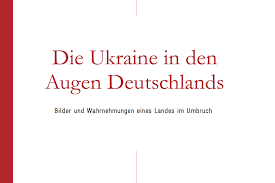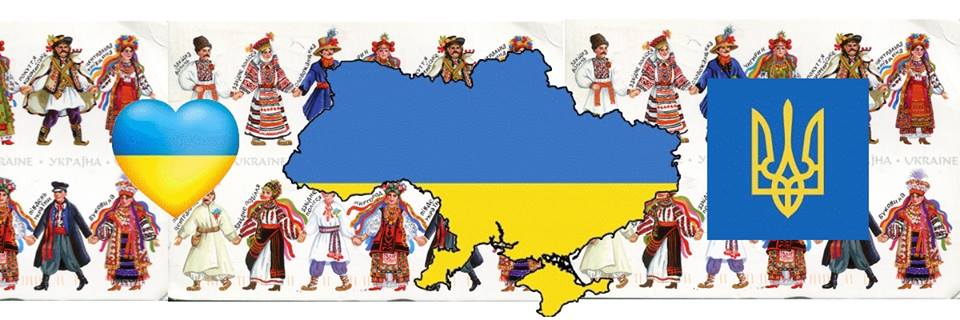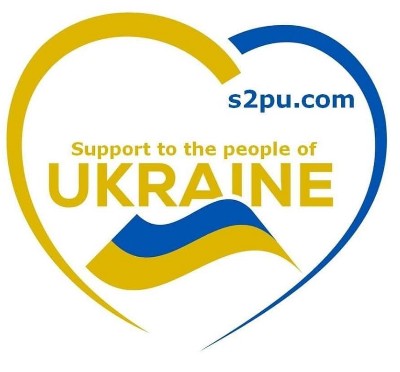
With its new study Ukraine in Germany’s Eyes: Pictures and Perceptions of a Land in Transition, the Ukrainian program of the German Corporation for International Cooperation (GIZ) provides an extremely informative and partly revealing documentation of German views on today Ukraine.
The investigation follows the methodology of an earlier GIZ project on the perception of Germany across the world which asked international experts on Germany how the German nation is perceived in their home countries. The GIZ’s 2017 Ukraine study too is not a broad statistical survey of German attitudes towards Ukraine, but a deep qualitative survey of German images, interpretations, opinions, evaluations, stereotypes, knowledge and expectations related to Ukraine. These features are drawn from 1014 statements made by 44 Germans who are, to one degree or another, especially familiar with, or interested in, Ukraine.
Since 2014, the German view on Ukraine, the study documents, has become dominated by three negatives “K’s” – Krieg, Krise, Krim (war, crisis, Crimea).
Thus the study, for instance, finds that, in German assessments of today’s Ukrainian changes, “hardly any other sector is mentioned as many times as an example for lacking reform efforts as the justice system. This is because a reform of the electoral law and the creation of an anti-corruption court – both major demands of the reformers – will decide the future division of power in the country. It is crucial that the rule of law is implemented in all public affairs.” (pp. 58-59)
This image is only marginally improved by two older positive “K’s” for the once celebrated football team “Dynamo Kyiv” and for Klitschko, the surname of the two famous box world champions Viktor and Volodymyr who used to live and are still popular in Germany. Apart from reporting common German stereotypes, such as these, about Ukraine, the GIZ study offers a multitude of insights into the scale of different German perceptions of such topics as Ukraine’s regime changes, reforms, corruption, nationalism, foreign affairs, European aspirations, cultural divisions, relations with Russia, and relevance to Germany.


Comments powered by CComment